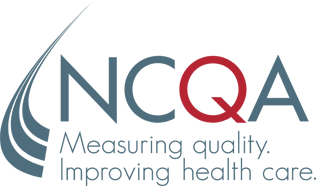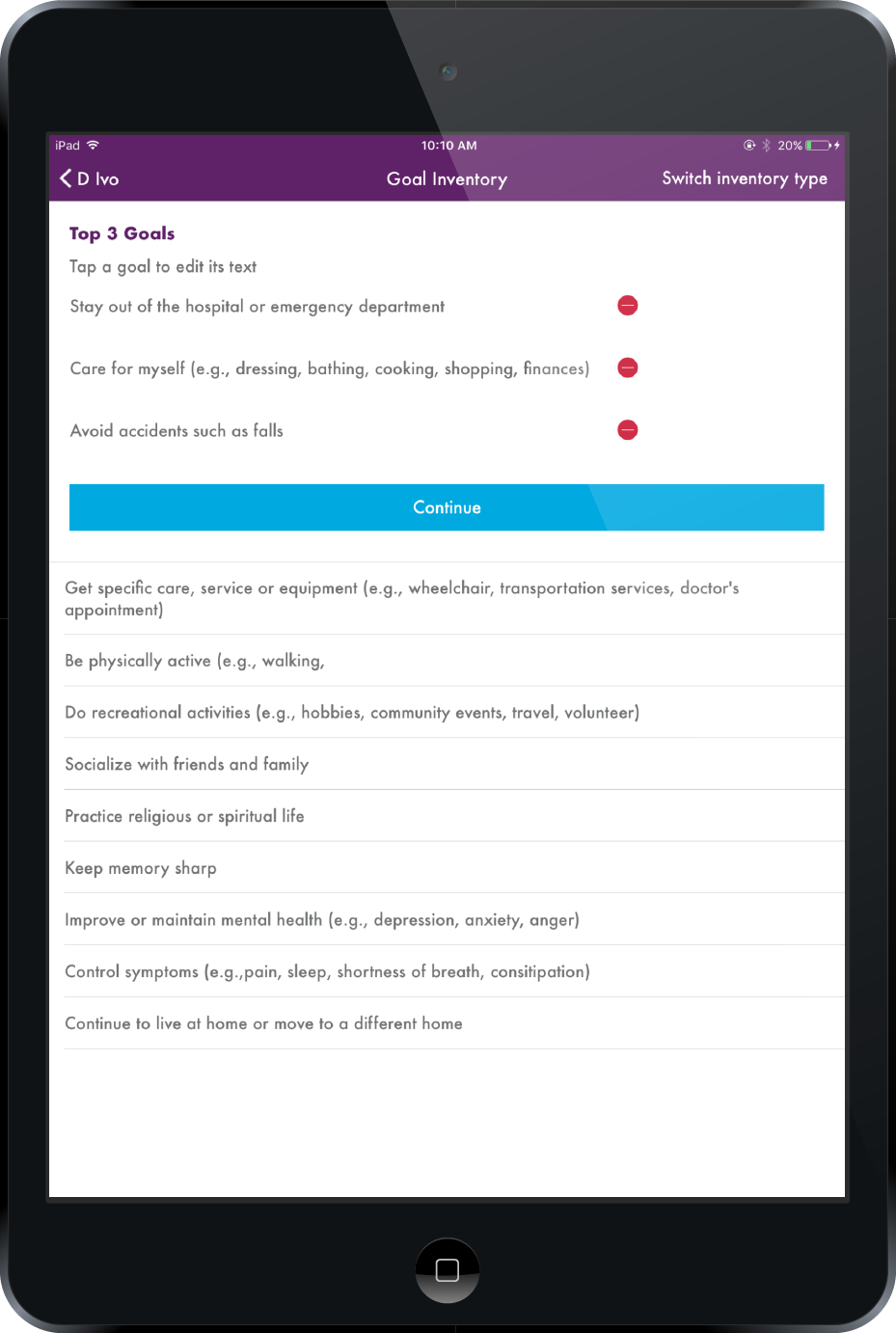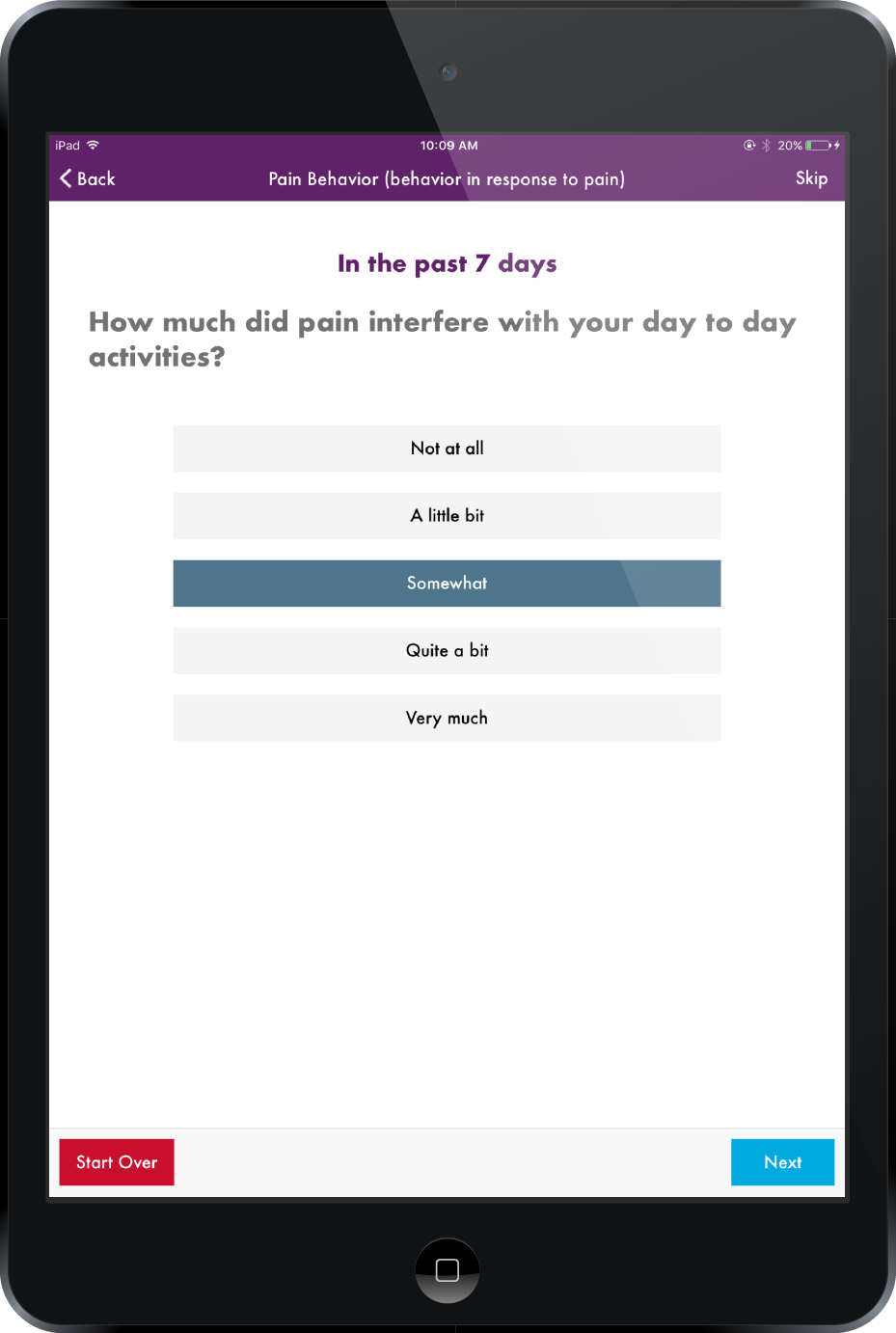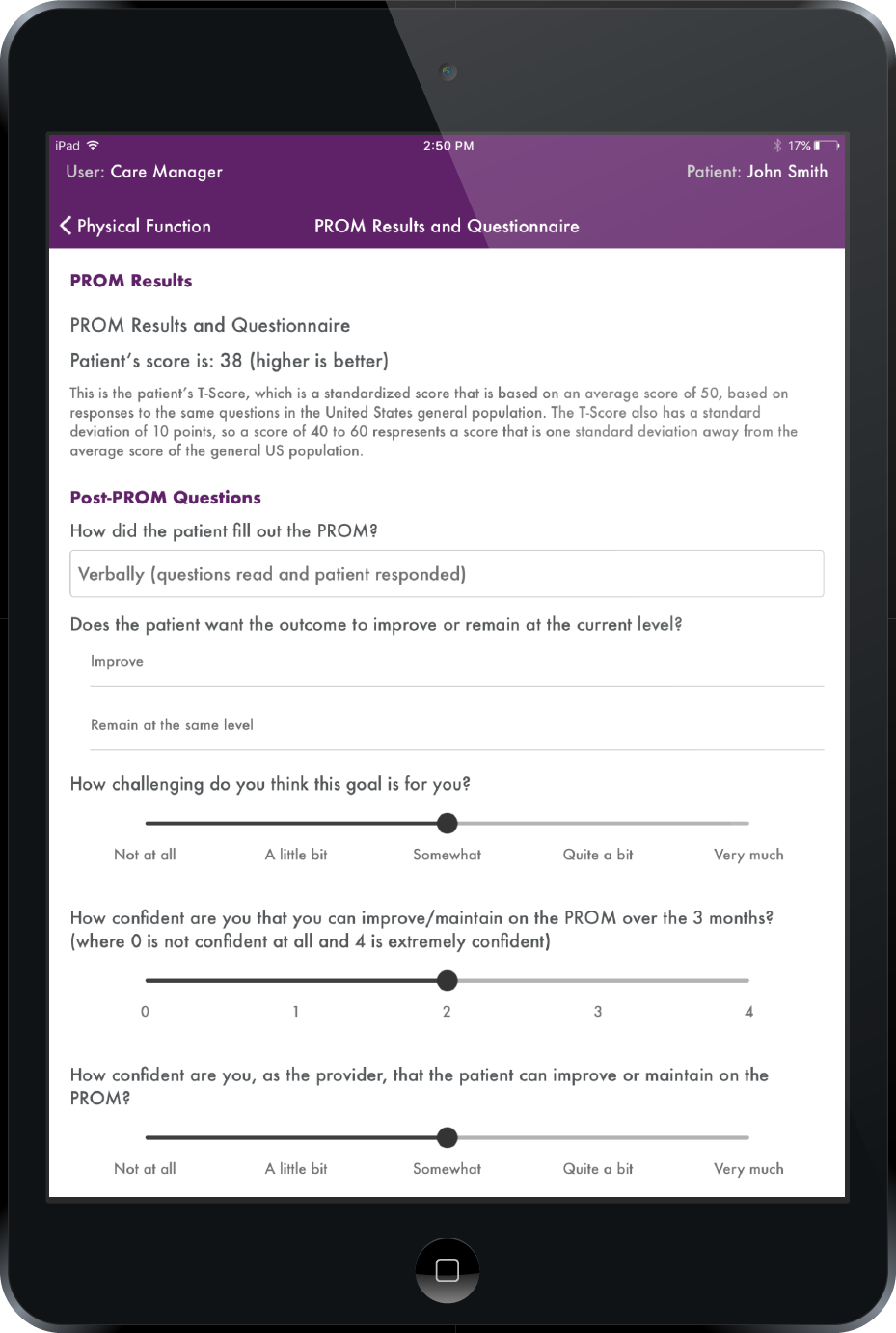National Committee for Quality Assurance
SmartLogic developed a digital platform for NCQA's Person Based Outcomes initiative.

The Challenge
The National Committee for Quality Assurance (NCQA) is an independent nonprofit organization that works to improve healthcare quality through the administration of evidence-based standards, measures, programs, and accreditation. NCQA has been measuring and accrediting health plans since 1990 and likewise medical providers and practices since 2008; over half the population of the United States is covered by a health plan accredited by NCQA. One of NCQA’s new initiatives, Measuring What Matters Most to Older Adults, seeks to focus care around patient priorities and health goals. Particularly with older adults who have functional limitations and complex health issues, existing quality measures often fail to capture what is most important for their quality of life.
NCQA secured grant funding for this new project and developed a new Person Driven Outcomes approach that integrates best practices in goal setting to the care practice. Their approach uses specific, measurable goals and a follow-up system to establish and track patient goals and outcomes.
Once they had prototyped the survey on paper and proven out its value through initial testing, NCQA wanted to build the infrastructure that would enable this new care approach to scale and be adopted by health care organizations nationally.
The Solution
NCQA partnered with SmartLogic to develop the digital platform for the Person Driven Outcomes survey, including an iPad application, API, and a web portal with a variety of reporting and administration tools. Working closely with the team at NCQA, SmartLogic designed and implemented the custom iPad survey application, to be used in accordance with the newly-designed patient care method.



Each time the patient has a care visit, they fill out one part of the survey; then the practitioner uses the second part of the survey to lead discussion and coordinate goals and focus areas for care. The second component of the survey tool uses a software development kit for computerized adaptive tests (CAT) developed at Northwestern; the app leverages adaptive technology to dramatically simplify the questionnaire flow.
The new survey tool meets a number of needs specific to the healthcare space; data protection and audit logs were crucial. Care providers need to be able to use the application when not actively connected to the internet, so the app saves its internal state and pushes updates to the server when next online. Privacy is also a large concern in a health care environment; all of the patient data is securely stored in a database with a robust permissioning system, to keep in line with HIPAA requirements. Enterprise deployment was another consideration for this application; organizations are able to manage deployment of the survey app across their fleet of devices through the Apple Enterprise Program.
Benefits
NCQA has seen a number of benefits come from the development and deployment of the platform. The survey tool makes it easier for practitioners to stay focused on their interactions with patients by streamlining the questionnaire process. Because all the data is entered digitally and stored in a centralized system, multiple caregivers can get access to the latest goals and outcomes for a patient, enhancing coordination of care especially in the case of complex, high-need patients. NCQA was pleased with both the end product and the process of working with SmartLogic.
SmartLogic really knows how to get customers to an end product.— Keri Christensen, Director, Research Innovation at NCQA
The SmartLogic team was flexible enough to pivot with our needs, which was really important to us, because of the nature of our organization.— Erin Giovannetti, Senior Research Scientist at NCQA
NCQA is currently in a three-year demonstration period with this project. They are using their method and the digital tools developed by SmartLogic to test the impact of the approach across 800 individuals, including patients, caregivers, and clinicians, in four different states.
Since the original project build in 2017, NCQA has continued to work with SmartLogic to build out additional features for the platform, including language internationalization fo Spanish, and new reporting capabilities.
